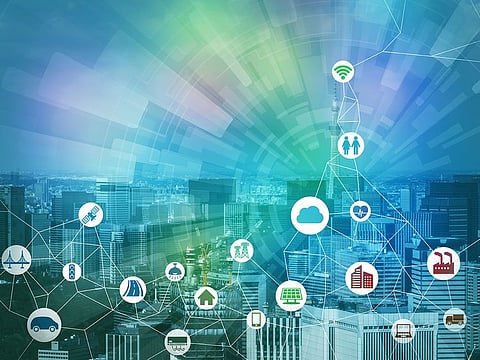India’s growth story intact despite massive challenges
The country needs to project stability, checkmate majoritarianism to propel investments

The world is battling a crisis on multiple fronts. From geopolitical tensions due to the Ukraine crisis to the economic fallout of the conflict.
Everyone is feeling the pain. Last week, India registered a Whole Sale Price Index or WPI inflation of 15.08% for April, which is a 15 or 30 year high, depending on which expert you talk to and what baseline they follow.
Regardless, it is very high after a very long time and it is driven by high food and fuel prices. This is the 13th straight month that WPI inflation has been in double digits in India. While retail inflation is at a 8 year high.
India isn’t alone. The UK’s inflation is the highest in 40 years, with a cost of living crisis that could turn into a political time bomb for Boris Johnson. Germany is facing similarly high inflation numbers and so is the United States, again facing a 40 year high.
Globally, there is a shortage of food, especially wheat. Oil prices have sky rocketed on top of everything else. The Rupee has hit an all-time low against the dollar and some foreign investors are pulling their money out.
The government’s decision on wheat exports was roundly criticised by experts. India accounts for 13.53% of global wheat production, making it the second-largest producer of the foodgrain after Russia. Following restrictions on financial transactions with Russia, many nations had turned to India for wheat over the last few months.
The poor domestic yield of wheat has also worried the government. The ban on exporting wheat, according to government officials, is because procurement of the cereal by government agencies has plunged to a 15-year-low.
But despite the headwinds, the Economist says India is likely to be the world’s fastest growing big economy this year. The news publication, which is usually heavily attacked by India’s rightwing acolytes for being too critical of the BJP, has quoted the International Monetary Fund or the IMF to say that India’s growth this year of 8% will be the highest among big countries, and that it predicts that by 2027 India will be the world’s fifth-largest economy.
It cites these pillars to support India’s growth in the next decade: the forging of a single national market; an expansion of industry owing to the renewable- energy shift and a move in supply chains away from China; and a high-tech welfare safety-net for the hundreds of millions left behind by all this.
Enormous challenges
But there are enormous challenges. Apart from the immediate crisis with prices and the Rupee, the fact is India still has a long way to go before it realises its dream of becoming a global manufacturing hub.
The ‘Make in India’ programme was launched in 2014 with great fanfare. and by now, the country should have been able to persuade manufacturing companies to shift their bases to India. But most of these companies shifted their base to Vietnam, Taiwan, Thailand, etc and only a few came to India.
A series of automakers have pulled out of India over the last 5 years -- from Ford to Harley Davidson to General Motors.
Automaker Tesla declared that it had put its plans to sell EVs in India on hold, having failed to get lower import taxes. Tesla’s decision comes after year-long talks with India.
Experts say while it has become easier to do business in India, it is still NOT easy. There is still far too much red tape, and the raid raj isn’t helping.
Many big businesses have been hit by Income Tax raids and the scrutiny of other agencies. Social tensions and majoritarianism do not help.
Nobel laureate Abhijit Banerjee told me in an interview last week that these forces have to be reined in, that India must project stability to the rest of the world, which in turn will propel investments.
The India story has huge potential. But acknowledging the difficulties such as inflation would be a good start for the government.
Instead, it goes on the offensive, and says everyone else is suffering too. That is little comfort to those battling high prices across the board everyday.




